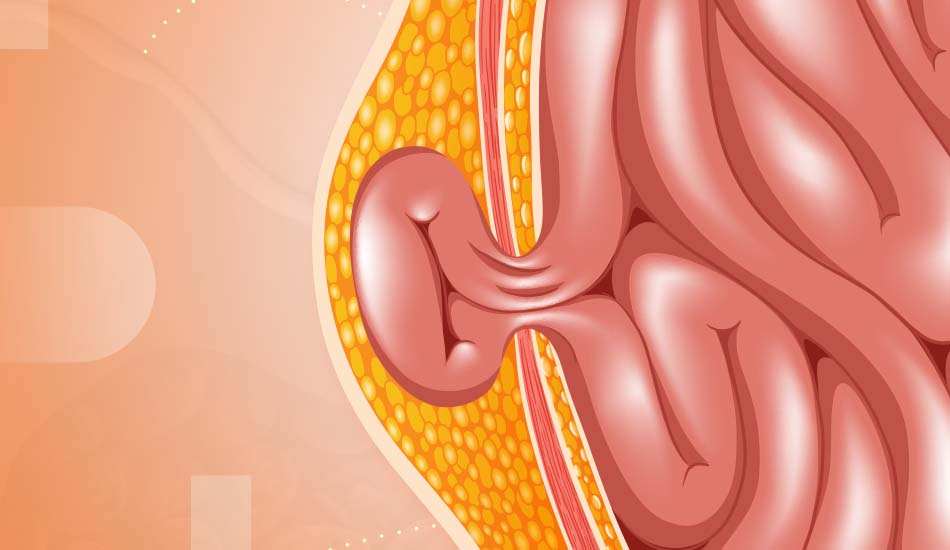
Life After Hernia Repair Surgery: Recovery Tips and Tricks
Wednesday, 15th May 2024Recovering from hernia repair surgery can be a significant phase in your life, requiring careful attention to ensure a smooth and effective healing process. Whether you have undergone an open hernia repair or a minimally invasive laparoscopic procedure, the road to recovery involves several stages and specific care strategies. Here are practical tips and tricks to help you navigate life after hernia repair surgery and accelerate your return to normalcy.
Understanding the Recovery Timeline
The recovery timeline can vary significantly based on the type of surgery performed, your overall health, and the complexity of the hernia. Typically, patients can go home on the same day or the day after surgery, but it may take several weeks to fully resume normal activities.
Immediate Post-Surgery Tips
Pain Management
- Expect some pain after the surgery. Use the pain medications as prescribed by your surgeon to manage discomfort effectively.
- Ice the area for 20 minutes several times a day to reduce swelling and pain.
Wound Care
- Keep the surgical site clean and dry. Follow your surgeon’s instructions on how to care for the wound and when you can shower.
- Monitor the incision site for signs of infection, such as redness, swelling, or unusual discharge.
Enhancing Your Recovery at Home
Rest and Gradual Movement
- Rest is crucial in the first few days post-surgery. Gradually increase your activity level as recommended by your health care provider.
- Avoid strenuous activities and lifting heavy objects for at least 4-6 weeks or as advised.
Dietary Adjustments
- Eat small, light meals initially to prevent nausea, which can sometimes occur from anesthesia or pain medications.
- Incorporate high-fiber foods into your diet to avoid constipation, which can strain the healing incision.
Stay Hydrated
- Drinking plenty of fluids is essential, especially in the first few days after surgery, to help prevent constipation and aid overall recovery.
Long-Term Recovery Strategies
Exercise Wisely
- Once cleared by your doctor, engage in gentle exercises like walking. Avoid exercises that strain the abdominal area until fully healed.
- Consider consulting with a physical therapist to develop a safe, effective exercise routine tailored to your condition.
Watch for Hernia Recurrence
- Be vigilant about any signs of recurrence, such as a bulge near the site of the repair, and report them to your doctor immediately.
- Maintaining a healthy weight and not smoking are crucial in preventing recurrence.
Support Garments
- Some patients find relief and added support in wearing an abdominal binder or hernia belt during recovery. Discuss with your doctor if this could be beneficial for you.
Mental Health Considerations
Stay Positive and Patient
- Recovery can be physically challenging and emotionally draining. Maintain a positive outlook and be patient with your body as it heals.
- Engage in activities that you enjoy and that can be done comfortably, like reading or listening to music, to help pass the time and reduce stress.
Conclusion
Recovery from hernia repair surgery is a gradual process that requires adherence to your surgeon’s guidelines and listening to your body’s cues. By managing pain, taking care of the incision, slowly increasing physical activity, and making appropriate lifestyle changes, you can ensure a smooth recovery and reduce the risk of complications or recurrence. Remember, every individual’s recovery path is unique, so tailor these tips to suit your specific situation and consult with your healthcare provider for personalized advice.


